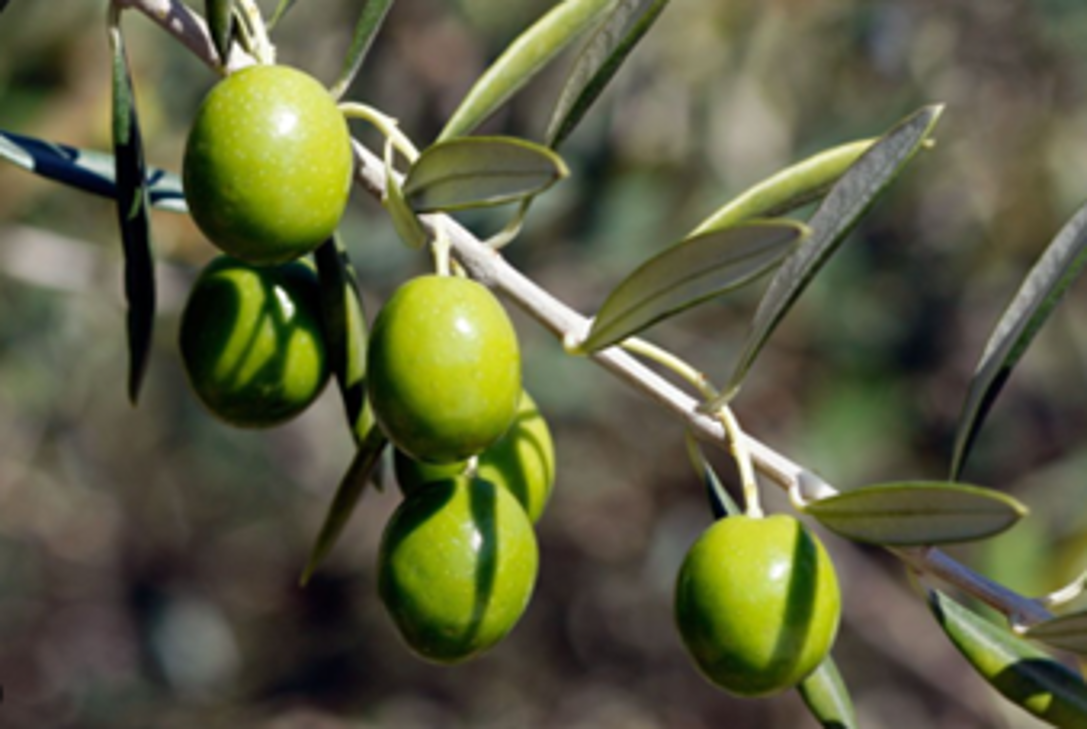Compatibility group diagnostic test for olive trees

The olive tree is mainly wind pollinated. Most olive trees are not self-fertile => need other congeners to bear fruit
Olive trees are divided into two (genetically determined) inter-compatible reproductive groups: G1 and G2 => need a G1 olive tree to pollinate a G2 olive tree, and vice versa (e.g. 20% of one group in a field of the other group is enough to ensure good olive production)
Competitive advantages
- Reliable, robust, rapid test
- Simple and inexpensive test to roll out
- High-performance PCR primer pair design
- Method can be used throughout the year
- Method suitable for both mature olive trees and young immature cuttings several years before the trees can flower
Applications
Olive tree reproduction
Intellectual property
Patent
Development stage
Demonstration of the technology in a real environment
Laboratory

Description
Genetic typing system for the compatibility group of a variety, making it possible to define the best tree structure for optimum production:
- Process used by the technology: PCR amplification
- Identification of the two alleles of the self-incompatibility locus
- Markers tested on several hundred individuals from known groups

Technical specifications
Genetic typing system for the compatibility group of a variety, making it possible to define the best tree structure for optimum production:
- Process used by the technology: PCR amplification
- Identification of the two alleles of the self-incompatibility locus
- Markers tested on several hundred individuals from known groups



